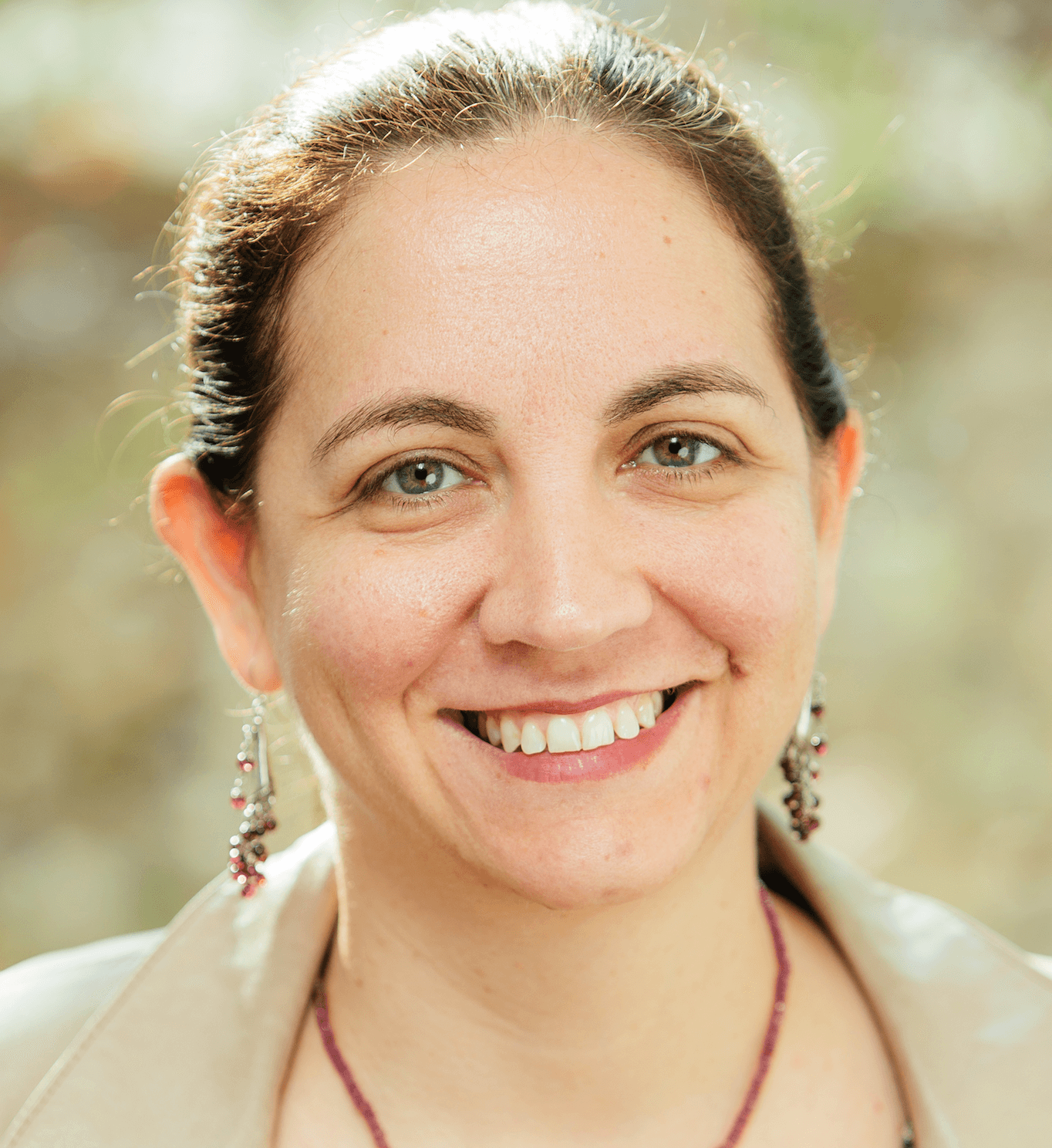Cagla Eroglu, PhD, is Associate Professor of Cell Biology and Neurobiology at Duke University. Dr. Eroglu’s laboratory investigates the cellular and molecular underpinnings of how synaptic circuits are established and remodeled in the mammalian brain by the bidirectional signaling between neurons and glia and how disruption of these mechanisms contributes to the pathogenesis of neurological disorders.
Dr. Eroglu received her PhD from the European Molecular Biology Laboratories and University of Heidelberg, Germany. She completed her postdoctoral training at Stanford University in the lab of Dr. Ben Barres. She joined the faculty of Cell Biology at Duke in 2008 and was promoted to Associate Professor with tenure in 2016. She has served as a member of Duke Institute for Brain Sciences and translating Duke Health Neuroscience Initiative steering committees since 2019.

